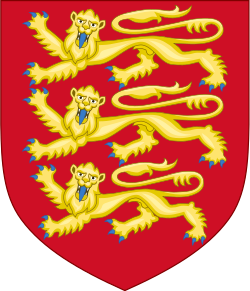Background
Powers were devolved to varying degrees to Scotland, Wales and Northern Ireland by Tony Blair's Labour government in the late 1990s through the establishment of the Scottish Parliament, the Welsh Parliament and the Northern Ireland Assembly. A devolved legislature and government was not created for England, which remained under the full jurisdiction of the United Kingdom parliament and government based in Westminster.
A strategic local authority for Greater London, known as the Greater London Authority (GLA), was established in 2000. Plans for elected regional assemblies in the eight English regions outside Greater London were abandoned following an unsuccessful referendum held in the North East region in 2004. Instead, sub-regional combined authorities were gradually established, starting in 2011, under the terms of the Local Democracy, Economic Development and Construction Act 2009 and Localism Act 2011.
Initially, combined authorities were led by boards of local authority leaders. The Cities and Local Government Devolution Act 2016 allowed for the creation of directly elected mayors to lead combined authorities. Further competencies were granted to combined authorities by the Levelling-up and Regeneration Act 2023. By May 2024, eleven combined authorities had been established in England, with additional proposals in development. Combined authority leaders and the mayor of London regularly meet UK government ministers through the Mayoral Council for England and the Council of the Nations and Regions, which were established in October 2024.
Plans by the incoming Labour government for an English Devolution Bill were outlined in the King's Speech at the State Opening of Parliament in July 2024. [3]
This page is based on this
Wikipedia article Text is available under the
CC BY-SA 4.0 license; additional terms may apply.
Images, videos and audio are available under their respective licenses.


